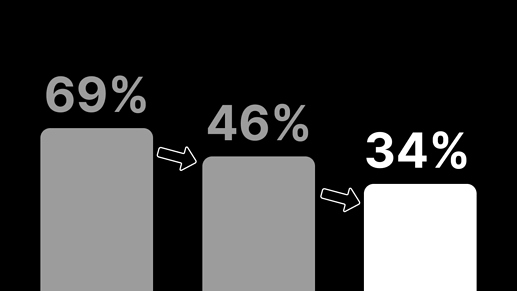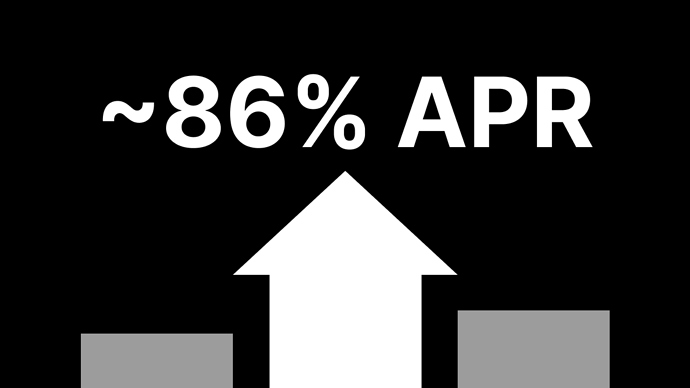GM!
This is 2411 - a new Community Manager at Incognito.
You will see my name more often from now on. I look forward to bringing many interesting updates to the community.
So excited!
Back to the main topic, we take a further major step towards decentralization as promised in the Incognito 2022 Technical Roadmap. Additionally, validators are now rewarded much higher.
To be more specific, the fixed slot dominance was first reduced from 22/32 (69%) to 22/48 (46%) in Apr 2022. Yesterday, we just did another upgrade, which further reduced the number of fixed nodes from 22 (46%) to just 16 (34%), out of 48 total slots.
It means that the community nodes now make up the majority of the network committee for block creation consensus. In other words, the network is truly run by the community and even the core team can’t make an invalid block without approval from the community.
31% at launch. 66% now.
6 more slots in each shard committee for the community nodes. As we have 8 shard networks, it is 48 more slots for the community in total!!!
Decentralization at its best!!!
As the fixed nodes only account for 34% of the network committee now, 66% of the shard committee mining rewards would go to the community.
With this upgrade, the mining rewards for validators go from 67% APR to 86% APR.
Happy powering privacy!



